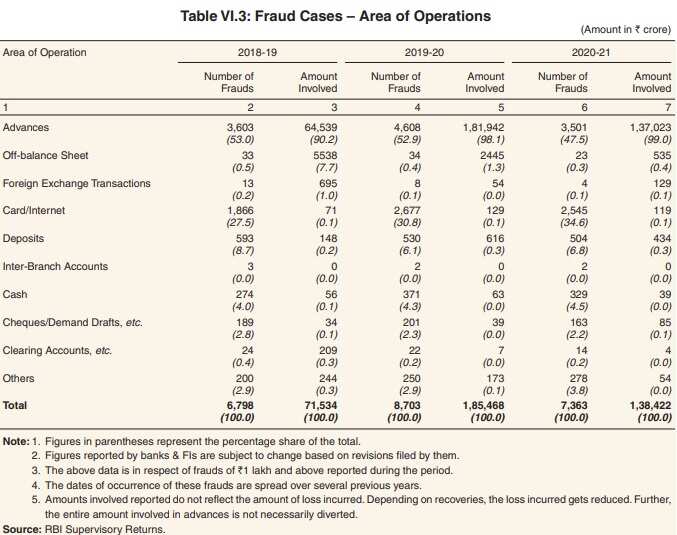What are Bluechip Mutual Funds?
In India, blue-chip mutual funds invest in blue-chip equities. Bluechip mutual funds are not classified individually by mutual fund houses. Quality blue-chip stocks are invested in some large-cap mutual fund schemes. In most cases, mutual fund houses include the term “blue chip” at the conclusion of the mutual fund scheme, indicating that it is a bluechip mutual fund.
A blue-chip mutual fund is one that invests in blue-chip stocks or shares, which are well-established corporations with strong financial results. A blue-chip fund’s shares are invested in companies that have provided strong returns to their owners for many years. Investors profit handsomely from their sales. Furthermore, the risk associated with such funds is minimal.
Blue-chip funds have a very high market capitalization. Blue-chip stocks can be pricey due to their strong demand. Blue-chip funds have a long track record of profitability, which is why so many investors want to include them in their portfolios.
Advantages of Investing in Bluechip Fund
Every investor seeks consistency in their returns. Profits stabilize their finances, thus it’s critical. Blue-chip funds are investments that increase an investor’s financial security by ensuring a predictable return. A child’s education, marriage, and other financial ambitions necessitate a large sum of money. Blue-chip funds can help finance such endeavors Blue Chip Fund is an open-ended scheme that allows investors to redeem or withdraw their investments at any time. A simple withdrawal allows investors to cash out their capital without incurring debt in times of uncertainty. BlueChip Funds often invest in equity equities of companies with a market cap equal to the BSE 100 Index’s least market-capitalized stock. As a result, by investing in this scheme, investors will be able to gain higher benefits and meet their financial needs. In the event of a crisis, blue-chip funds provide more consistent returns than other funds. Many investors desire blue-chip stocks in their portfolios because they are low-risk.
6 Best Bluechip Mutual Funds SIPs To Invest in 2021
6 Best Bluechip Mutual Funds SIPs To Invest in 2021
| Fund Name |
1 Year |
3 Years |
NAV |
| Mirae Asset Emerging Bluechip Fund |
88.8% |
21.0% |
Rs 90.98 |
| Canara Robeco Bluechip Equity Fund |
64% |
18.2% |
Rs 39.94 |
| Axis Bluechip Fund |
56.6% |
16.6% |
Rs 44.68 |
| SBI Bluechip Direct |
72.6% |
12.9% |
Rs 57.67 |
| Kotak Bluechip Fund Direct |
71.33% |
15.2% |
Rs 357 |
| Franklin India Bluechip |
78.6% |
13.8% |
Rs 686 |
Mirae Asset Emerging Bluechip Fund
The fund has a 5 Star rating from Value Research Online. Mirae Asset Emerging Bluechip Fund Direct-Growth returns are 88.81 percent over the last year. Since its inception, it has generated an average yearly return of 24.85 percent. The fund’s top 5 holdings are in ICICI Bank Ltd., HDFC Bank Ltd., Infosys Ltd., Axis Bank Ltd., State Bank of India.
Mirae Asset Emerging Bluechip Fund’s NAV on May 26, 2021, is 90.98.The AUM of Mirae Asset Emerging Bluechip Fund is Rs 16,602 Crs.
If you had invested Rs 1,000 per month for 3 years through SIP, your investment value would have been Rs 48,206 Lakhs.
Canara Robeco Bluechip Equity Fund
Canara Robeco Bluechip Equity Fund Direct-Growth is a medium-sized fund with 28272 Crores in assets under management (AUM). The fund’s expense ratio is 0.45 percent, which is comparable to that of most other Large Cap funds.
Canara Robeco Bluechip Equity Fund Direct-Growth gains are 63.96 percent during the last year. It has provided 15.27 percent average yearly returns since its inception. Every five years, the fund has doubled the amount invested in it.
If you had invested Rs 1,000 per month for 5 years through SIP, your investment value would have been Rs 60,000 Lakhs (Rs 1,000 x 60 months) and the fund’s value would have grown to Rs 92,964.
Axis Bluechip Fund
Axis Bluechip Fund Direct Plan’s 1-year growth returns are 56.61 percent. Since its inception, it has generated an annual return of 16.62 percent on average. The fund’s top 5 holdings are in Infosys Ltd., Bajaj Finance Ltd., HDFC Bank Ltd., Tata Consultancy Services Ltd., Kotak Mahindra Bank Ltd. The AUM of Axis Bluechip Fund is Rs 25,183 Crs. The Axis Bluechip Fund’s direct plan has an expense ratio of 0.5 percent which is low when compared to its peers. If you had invested Rs 1,000 per month for 3 years through SIP, your investment value on the fund’s would have grown to Rs 45,412.
SBI Bluechip Direct
SBI Bluechip Direct Plan-Growth is a medium-sized fund in its category, with 505373 Crores in assets under management (AUM). The expense ratio of the fund is 0.98 percent, which is greater than most other Large Cap funds. The fund’s top 5 holdings are in HDFC Bank Ltd., ICICI Bank Ltd., Infosys Ltd., HCL Technologies Ltd., Larsen & Toubro Ltd.. SBI Bluechip Direct Plan-Growth returns over the last year have been 72.26 percent. It has provided 15.79 percent average yearly returns since its inception.
Kotak Bluechip Fund Direct
The fund’s top 5 holdings are in ICICI Bank Ltd., Reliance Industries Ltd., Infosys Ltd., HDFC Bank Ltd., Tata Consultancy Services Ltd. The 1-year returns for Kotak Bluechip Fund Direct-Growth are 71.33 percent. It has had an average yearly return of 14.85 percent since its inception. The fund’s expense ratio is 0.92 percent, which is higher than the cost ratios charged by most other Large Cap funds. The scheme aims to create capital appreciation by investing in a portfolio of mostly equities and equity-related instruments from large-cap businesses.
Franklin India Bluechip
The Franklin India Bluechip Direct Fund’s 1-year growth returns are 78.62 percent. It has returned an average of 13.42 percent per year since its inception. The fund’s top 5 holdings are in ICICI Bank Ltd., Axis Bank Ltd., State Bank of India, Bharti Airtel Ltd., Infosys Ltd. Franklin India Bluechip Direct Fund-Growth has assets under management (AUM) of 83524 Crores, making it a medium-sized fund in its category. The fund’s expense ratio is 1.19 percent, which is higher than the cost ratios charged by most other Large Cap funds.
Disclaimer
We are not a licensed financial advisors, and the information provided here does not constitute investment advice. Its purpose is to provide information. Readers and investors should be aware that neither Greynium nor the authors of the articles can be held liable for any decisions made as a result of reading them. Please seek the advice of a professional advisor. Greynium Information Technologies Pvt Ltd, its subsidiaries, associates, and authors are not liable for any losses or damages resulting from the use of information on GoodReturns.in.











